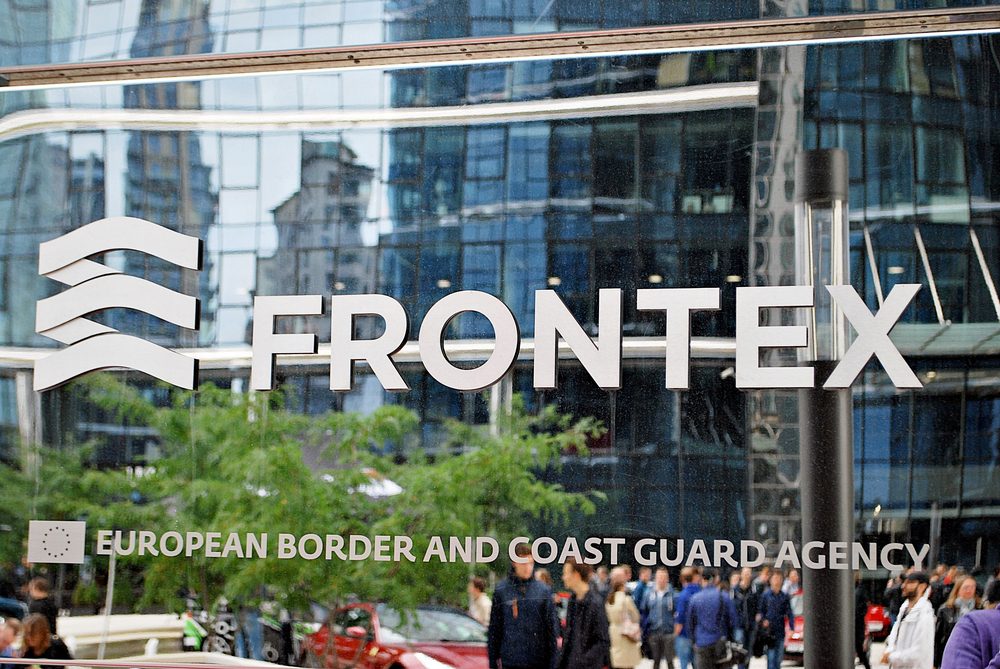
Frontex, the EU’s Border and Coast Guard Agency, is considering temporarily suspending its activities in Greece following its row with Athens over the recent capsizing of an overcrowded fishing boat off the coast of Pylos, which claimed the lives of up to 600 migrants.
According to Le Monde, during Frontex’s June 20-21st management board meeting, it was its fundamental rights officer, Jonas Grimheden, who had recommended such a course of action.
It is Frontex’ obligation, enshrined in its Regulation, to “assess, prior to any operational activity of the Agency, whether there are violations of fundamental rights or international protection obligations that are of a serious nature or are likely to persist.”
Finding Greece to be negligent in that area, it was on that basis that Frontex’s Executive Director, who had reviewed the recommendation, “called Greece to account,” Le Monde’s source, close to the agency, confirmed. Frontex’s Board of Directors, who had received a separate report on the matter, are said to have backed up that decision.
Another diplomatic source added that while it was not the first time that Frontex’s fundamental rights officer made this kind of recommendation, it was the first time his opinion was taken into consideration. “It is unprecedented. Given what happened [on June 13], the agency feels obliged to react,” the source added.
That event, the biggest tragedy in the Mediterranean Sea in over a decade—only rivaled, in terms of lives lost in a single incident, by the sinking of a boat off the southern Italian island of Lampedusa, killing at least 130—had put relations between the agency and Athens on edge, which prompted the former to accuse the latter of negligence.
Greek authorities, Frontex and other critics argue, should have intervened before the vessel capsized. A Frontex spokesperson told Politico that, having initially detected the ill-fated vessel, Frontext had received no reply from the Greek Coast Guard after it offered to send a plane from Italy to monitor it.
Testimonies of survivors that the Coast Guard actually tried to tow the vessel, causing the boat to sway and eventually capsize—of which no video evidence exists and which Athens strenuously denies—have only exacerbated feelings of distrust.
On Thursday, June 22nd, Frontex said it had initiated a “serious incident report,” which means that the agency’s fundamental rights officers will record any potential human rights violations.
Its conclusions will be shared with investigative bodies or be part of recommendations to other bodies, such as the European Parliament, the agency added.
On Wednesday, June 28th, The European Conservative will host a panel discussion ‘Migration: Across Ideological Borders,’ in Brussels’ European Quarter. Pierre-Marie Sève, Director of Institute for Justice, MEP Charlie Weimers, and Ben Habib, former Brexit Party MEP and now with Reform UK, will meet to discuss the European Union’s migration policies and offer constructive alternatives to their ‘solutions.’ Those interested can register for free here.
